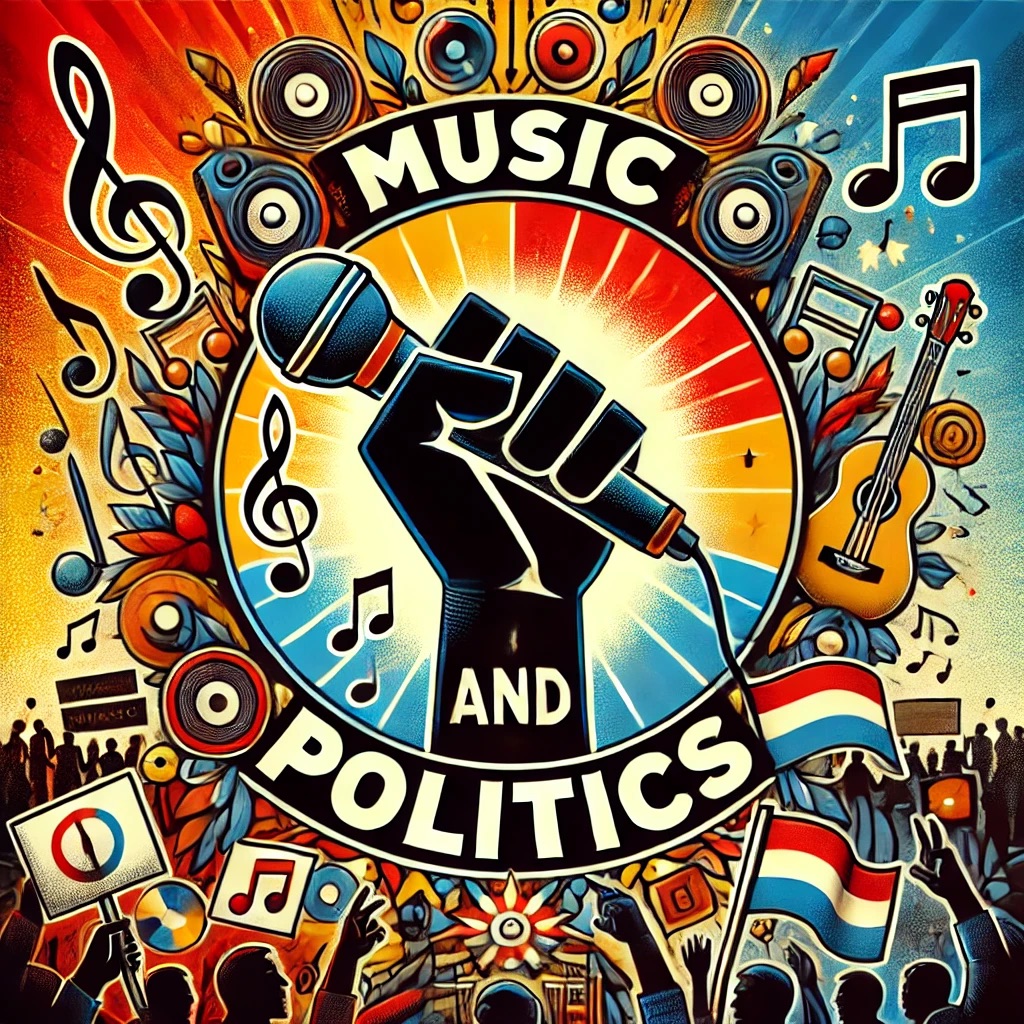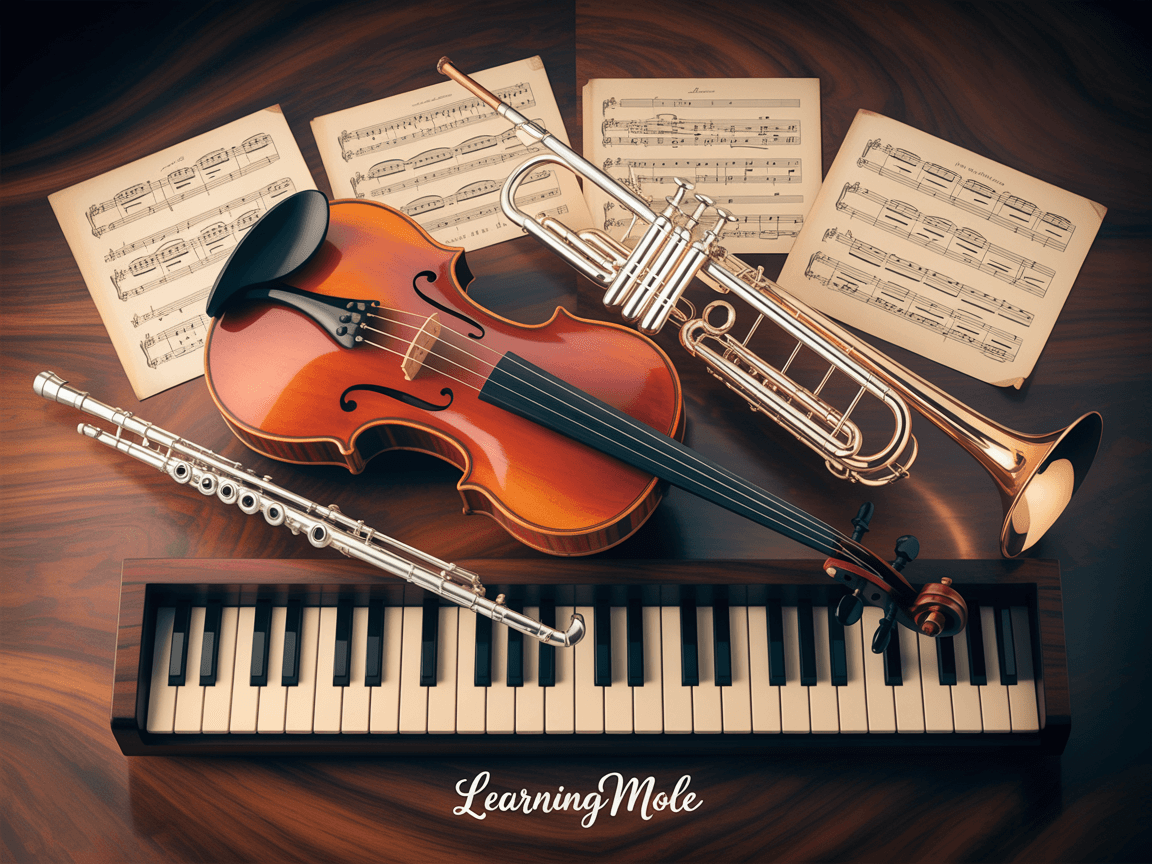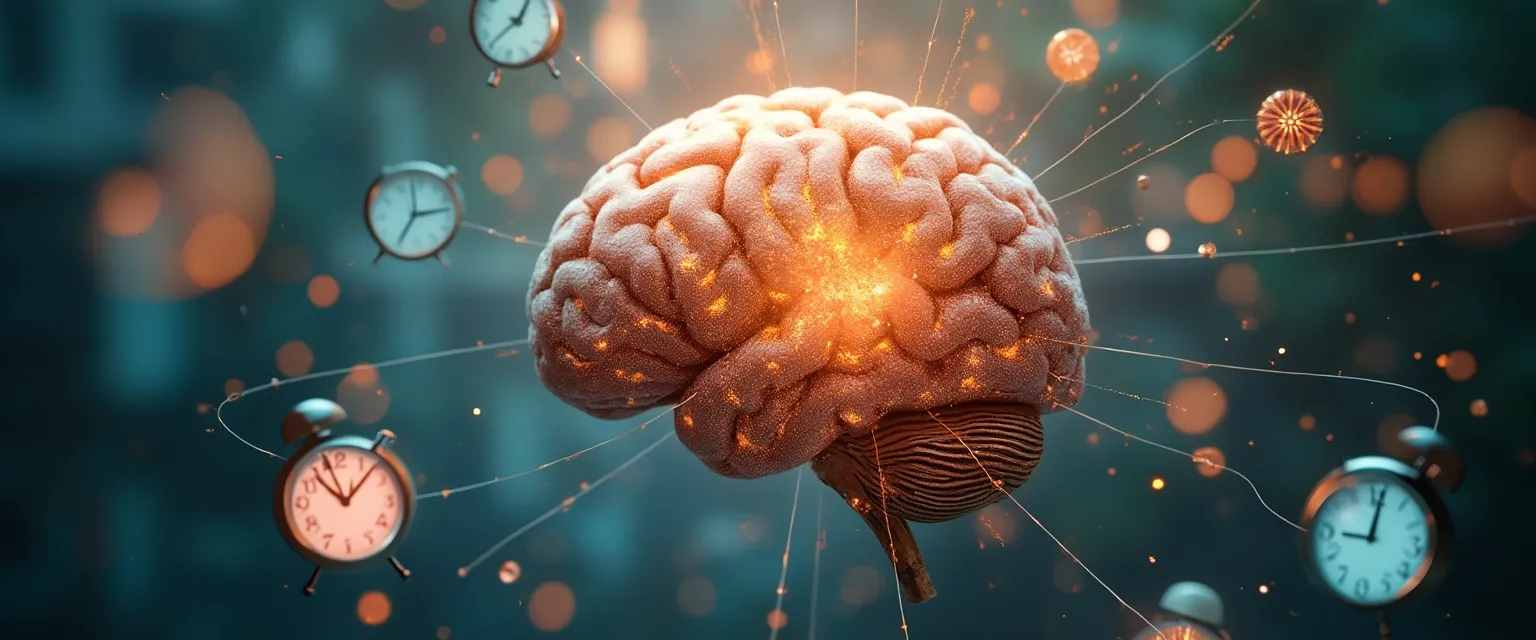How Music Genres Influence Personal Identity and Community Engagement

Understanding the Role of Music in Shaping Identity
Music is not merely a collection of sounds; it embodies a vital expression of culture, emotions, and perspectives that profoundly shapes personal identity and community interactions. As individuals engage with various musical genres, they often subconsciously align themselves with the values and beliefs reflected in the lyrics and rhythms, enabling a powerful connection between the individual and the music.
The diversity of musical genres demonstrates the vast array of lifestyles and experiences they encapsulate:
- Hip-Hop: Emerging from the urban landscapes of the Bronx in the 1970s, hip-hop has evolved into a prominent voice for marginalized communities, tackling social issues such as racial inequality and economic hardships. Artists like Kendrick Lamar and J. Cole highlight these inequalities through their lyrics, often encouraging listeners to reflect on broader societal challenges. This genre also champions self-expression and authenticity, fostering a culture of resilience and empowerment.
- Country: Rooted in traditional Southern and rural American life, country music often tells stories of love, heartbreak, and the simple joys of living. Songs from artists like Dolly Parton and Johnny Cash evoke a sense of nostalgia and often create a connection among fans who share similar backgrounds. The genre’s emphasis on narrative and community underlines the cultural identity of those who resonate with its themes, reinforcing bonds through shared experiences and values.
- Rock: With its origins in rebellion against social norms, rock music appeals to listeners who value freedom and individuality. Bands like The Rolling Stones and Nirvana have crafted anthems that address feelings of alienation and defiance, appealing to those who seek a voice in their struggle for authenticity. This genre often acts as a rallying cry for youth culture, galvanizing fans to unite under a shared ethos of resistance and creativity.
Events such as concerts, music festivals, and local gigs serve as communal rituals that strengthen social ties among attendees. These gatherings not only promote a sense of belonging but also foster community engagement, where individuals can exchange ideas, celebrate their cultures, and connect on a deeper level through shared musical affinity.
Moreover, the influence of music extends beyond personal connections, affecting choices in various aspects of daily life:
- Fashion trends frequently mirror the styles of popular artists, as seen in the rise of streetwear influenced by hip-hop culture or the cowboy boots that adorn many country music fans.
- Language and vocabulary can shift according to musical trends, with phrases and slang popularized through lyrics often integrated into everyday conversations, impacting communication styles.
- Social media platforms provide space for individuals to showcase their music preferences, which, in turn, influence peer interactions and collective identity formation in digital communities.
As we delve deeper into the relationship between music genres and identity, it becomes evident that this connection reveals intricate layers of societal fabric, pushing us to investigate not just our personal preferences but also how these preferences shape our collective consciousness. Understanding these dynamics invites an exploration of how music can serve as both a mirror of society and a catalyst for change within it.
DISCOVER MORE: Click here for delicious thematic cuisine ideas
The Intersection of Music Genres and Personal Identity
As we explore the profound impact of music on personal identity and community engagement, it becomes evident that the musical genres an individual chooses to embrace often contribute significantly to their self-perception and social connections. Each genre resonates with distinct groups, offering a unique lens through which fans understand themselves and the world around them. This alignment forms a sense of belonging, facilitating communal ties grounded in shared musical experiences.
For example, consider how punk rock emerged as a countercultural movement in the 1970s, reflecting a disillusionment with mainstream values. Bands like The Clash and Sex Pistols have inspired countless fans to adopt a rebellious attitude and question societal norms. The DIY ethos prevalent in punk culture encourages individuals to express their frustrations and aspirations authentically, paving the way for a community characterized by nonconformity. This alignment fosters a strong sense of identity among fans, who draw power from their collective rejection of the status quo.
In stark contrast, electronic dance music (EDM) encapsulates an environment of unification and celebration among its audience. Festivals such as Tomorrowland and Electric Daisy Carnival draw thousands of attendees, creating vibrant spaces where individuals come together to dance, share experiences, and foster connections. The euphoric emotions captured in genres like house or techno serve not only as a form of entertainment but also as a means of collective expression. Fans often describe the experience of attending an EDM festival as transcendent, creating bonds that can last well beyond the music itself.
Genres like reggae also illustrate the role of music in community identity. Originating in Jamaica during the late 1960s, reggae has become synonymous with messages of peace, social justice, and cultural pride. Artists like Bob Marley have resonated with listeners globally, sharing themes of unity and resistance. Fans often connect with reggae not only through its rhythmic beats but also through its powerful narratives, which reflect their own struggles and aspirations. Such connections drive community engagement, as enthusiasts gather to celebrate their shared values through festivals and cultural events.
The influence of music genres extends into everyday life, shaping a multitude of cultural norms and social practices. Music profoundly impacts:
- Social behaviors: People often find camaraderie in musical tastes, forming friendships and networks based on shared preferences.
- Artistic expression: Genres inspire various forms of creative endeavors, including visual arts, fashion, and dance, reflecting the influence of music on broader cultural expressions.
- Activism: Many artists use their platforms to advocate for change, galvanizing listeners to take action on social issues, thus further merging music with community involvement.
Ultimately, the relationship between music genres and personal identity is intricate and multifaceted. As we delve deeper into this fascinating interplay, we uncover how musical preferences not only reflect individual narratives but also shape the very fabric of our communities, reinforcing the idea that music acts as a powerful catalyst for societal engagement and change.
| Music Genre | Impact on Identity & Community |
|---|---|
| Hip-Hop | Hip-hop culture fosters a sense of belonging, often uniting communities through shared experiences and struggles. As artists tell their stories, listeners find identity connections that resonate deeply. |
| Country | Country music emphasizes narrative storytelling that reflects rural values and traditions, serving as a bridge between generations in communities. It reinforces communal bonds through shared cultural experiences. |
| Electronic Dance Music (EDM) | The global rise of EDM encourages diverse connections, creating inclusive communities around shared dance and festival experiences, breaking down cultural barriers. |
As we consider the diverse range of music genres, it becomes evident that each one contributes uniquely to the shaping of personal identity and community engagement. For instance, genres such as rock often attract passionate communities, where fans bond over lyrics and experiences that define their worldview. Similarly, reggae, rooted in social justice and peace, promotes collective values that can strengthen identity ties and community initiatives. It’s also noteworthy that the digital age has expanded the accessibility of music, allowing individuals from various backgrounds to connect over genres they may have never encountered before. Online communities centered around specific genres foster discussions that empower listeners to explore their identities more deeply. Hence, music not only serves as entertainment but also plays a transformative role in shaping who we are.
DISCOVER MORE: Click here to learn about the importance of manual skills
Music as a Tool for Cultural Expression and Social Change
Beyond the personal identity shaped by individual musical preferences, music genres serve as a profound medium for cultural expression and social change. The ability of music to articulate the collective experiences of diverse communities is particularly evident in genres like hip-hop. Emerging from the Bronx in the 1970s, hip-hop was initially a voice for marginalized urban communities, providing a platform for storytelling and self-expression that often reflected the realities of poverty, violence, and systemic injustice. Artists like Tupac Shakur and Kendrick Lamar have used their lyrics as a means to address social issues, from police brutality to mental health, inspiring listeners to engage with societal challenges critically.
Moreover, hip-hop has established a global movement, transcending borders and resonating with youth across various cultural backgrounds. This shared connection to the genre allows fans to develop a unified identity that may extend beyond local contexts. They often form collectives and communities that reinforce their engagement with crucial issues, driving movements like Black Lives Matter, where music serves as both a rallying cry and a source of empowerment.
In a different vein, the genre of folk music has a storied history of connecting people to their roots and cultural heritage. In the United States, folk music has been pivotal in the preservation of traditional narratives while also addressing contemporary social issues. Festivals celebrating folk genres often emphasize storytelling as a key component, inviting attendees to share their own experiences and fostering a sense of belonging within a larger community context. Artists like Joan Baez and Woody Guthrie historically used their music as tools for social awareness, engaging audiences in pivotal movements such as civil rights and labor rights.
Similarly, the country music genre illustrates how musical communities can shape regional identities. Country music, with its deep cultural ties to southern and rural American life, embodies themes of personal struggle, romance, and resilience. Festivals such as the Stagecoach Festival in California and the CMA Fest in Nashville pull together fans who share similar values and experiences. As these fans engage in country music, they reinforce a collective identity rooted in cultural heritage while often embracing narratives that feature community solidarity and personal redemption.
The influence of music genres on community engagement extends to various social initiatives, where artists use their influence to advocate for change. Events like Live Aid and Farm Aid illustrate how musicians from multiple genres unite to address pressing social issues, raising awareness and funds for critical causes. This unity often mobilizes fans, encouraging them to participate in advocacy and community service, thereby highlighting music’s potential to inspire action and cohesion.
Across various genres and movements, music proves to be an essential medium that reflects and molds personal identity while fostering dynamic community engagement. From encouraging social activism to preserving cultural heritage, the deep connections between music and community underscore its role as an influential tool in shaping not only individual experiences but also collective narratives that spark societal change.
DISCOVER: Click here to unleash your creativity
Conclusion: The Harmonious Connection Between Music, Identity, and Community
In exploring the intricate relationship between music genres, personal identity, and community engagement, it is clear that music serves as a unifying thread that intertwines individual experiences with collective narratives. The diverse sounds of hip-hop, folk, and country illustrate how genres can empower communities to express their struggles, triumphs, and cultural heritage. These musical forms not only provide a soundtrack to personal stories but also foster solidarity among communities facing similar challenges.
Moreover, the transformative power of music extends beyond personal enjoyment; it acts as a catalyst for social change, rallying individuals around vital causes. Events like Live Aid and Farm Aid exemplify how artists can mobilize their fans for advocacy and action, showcasing music’s potential to inspire grassroots movements and ignite critical conversations. Festivals rooted in specific genres create spaces for connection, where attendees can bond over shared values and experiences, further strengthening their sense of identity.
As we navigate an increasingly globalized world, the intersection of music genres and community engagement invites us to consider how our musical choices reflect our values and identities. By embracing the diversity found within different genres, we can foster deeper connections within our communities and promote a culture of understanding and empathy. Ultimately, music remains an invaluable resource for both individual expression and collective action, reminding us of the profound impact it has on shaping who we are and how we engage with the world around us.


